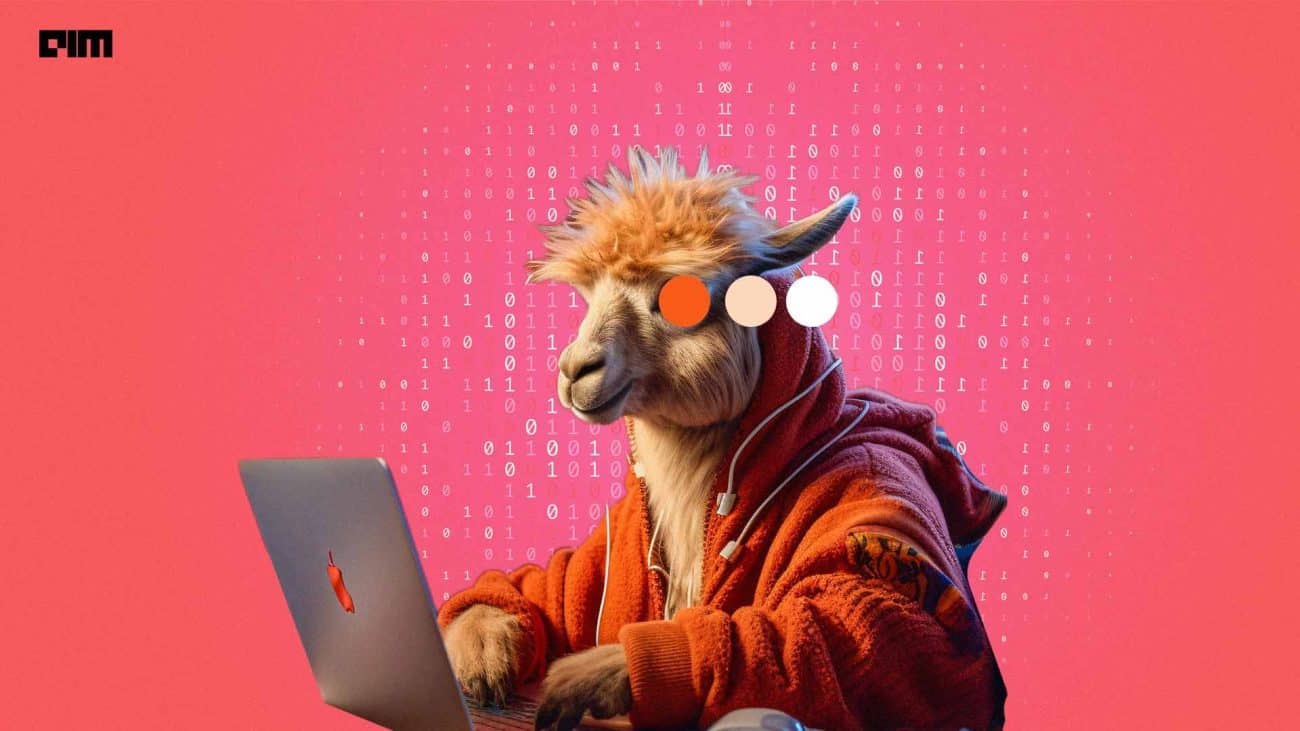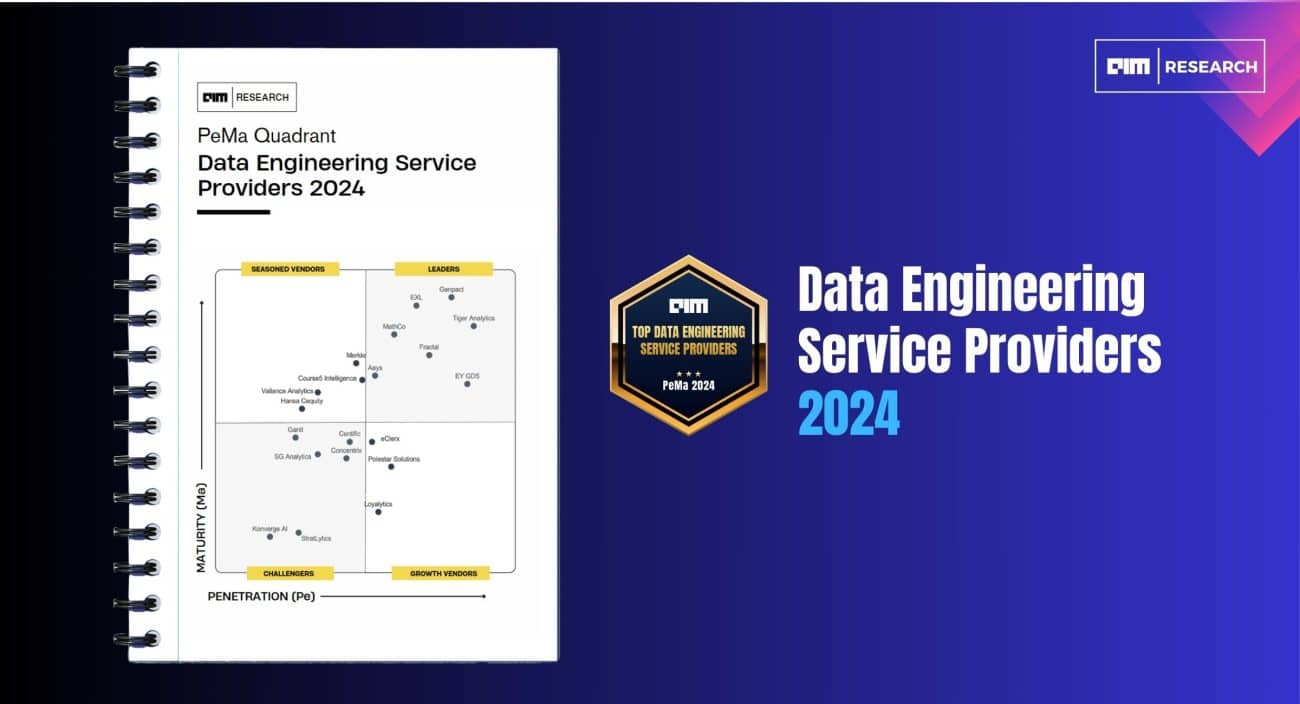|
Listen to this story
|
In February of this year, Razorpay, a prominent fintech unicorn, unveiled Razorpay RAY, a generative AI-powered assistant, for integrated payment and payroll management solutions specifically tailored for e-commerce businesses.
Leveraging GPT models through Azure APIs, RAY facilitates interactions via voice and text commands on platforms such as WhatsApp and web bots. It serves dual purposes within Razorpay: externally, it assists merchants by enhancing their understanding of data, and internally, it supports the company’s knowledge bases as a QnA service.
Around the same time, it also launched Payment Gateway 3.0, establishing itself as the only Payment Gateway in India that improves the payment process and the entire buyer journey. Powered by its in-house framework, AI-Nucleus, this innovative checkout system is set to improve business conversions by more than 30%, which is expected to lead to higher revenues.
The team behind making this possible is the company’s close-knit six-member AI/ML team, which is categorised into three roles: data scientist, machine learning engineer, and MLOps engineer.
Razorpay was founded in 2014 by Shashank Kumar and Harshil Mathur, IIT Roorkee graduates. Since then, the company has raised funding from investors like Y-Combinator, Sequoia India, and Tiger Global over several rounds.
The company is expanding its data science team and is looking for a senior machine learning engineer to join its Bengaluru team.
“At Razorpay, solving for our customers is the core of everything we do. And the one thing that enables us to do that is data,” Murali Brahmadesam, chief technology officer and head of engineering at Razorpay, told AIM in an exclusive interview last week.
Brahmadesam shared that as a technology-first company catering to a diverse range of businesses, it prioritises the development of scalable and automated products. However, the founding principle of its operational strategy involves a strong emphasis on security and compliance due to its status as a regulated entity.

Inside the Data Science Team of Razorpay
Razorpay is working towards AI and data democratisation, fundamentally changing how engineers and data scientists work.
“This redefines the roles of our engineers and data scientists, allowing every engineer at Razorpay to become a ‘citizen data scientist’,’ using data-driven insights and AI tools in their daily tasks,” said Brahmadesam, highlighting that democratisation is key to creating a collaborative environment.
“Moreover, our data science team is actively working on platforms using AI model preparation. This initiative is designed to streamline and standardise the process of building generative AI and predictive models, making it accessible for our engineering teams to develop new models independently,” he commented.
Razorpay leverages generative AI models primarily for fraud detection, risk assessment, and personalised marketing. Additionally, it is expanding its AI capabilities to improve document processing across various Indian languages, enhancing its service reach and operational efficiency.
“While our system excels at processing English documents, we recognise the need for improvement in handling other Indian languages. Fortunately, initiatives like Bhashini are underway to address this,” he added. `
Tech Stack
Razorpay employs a mix of tech solutions for various aspects of its operations, ranging from prototyping to deployment. The company uses Databricks and EMR for these purposes, providing both managed and self-serve options. The data infrastructure includes AWS-managed Kafka for the streaming layer, RDS/Aurora for the batch layer, and S3 for the lake layer. Kubernetes is used for distributed deployments through standard GitHub CI/CD and Spinnaker manages the deployment process. For the managed side, Datarobot is used for both development and deployment tasks.
“We have also explored fine-tuning smaller Falcon and Phi models internally for specific use cases and we will continue to pursue them as well,” he added.
Interview Process
“To ensure that we are able to hire the right talent and that the candidate also fully knows what is expected of them at the job, we follow a five-step process when recruiting for data science and ML roles,” said Brahmadesam.
The process starts with a screening and exploratory call, during which candidates’ experience and understanding of the role are assessed, providing a mutual opportunity to explore fitment. This is followed by a weekly data exercise, during which candidates must solve a case study to demonstrate their problem-solving skills and ability to translate a problem statement into a data solution; this solution is then independently evaluated by two engineers.
The third step involves a coding test focused on Python, SQL, and Pyspark skills through progressively challenging problems. Next, the system design and ML depth interview assesses candidates on their machine learning knowledge and their ability to design systems, such as a real-time ranking engine for payment gateways. Finally, the hiring manager round focuses on cultural fit and levelling considerations, if needed.
However, he noted that candidates often make common mistakes while interviewing.
“A lot of candidates are unable to properly chalk out their work experience and have their skills sufficiently reflected in their work resume,” he added, stating that this leads to lesser chances of them qualifying for the interview rounds.
Expectations
When joining the Razorpay data science team, new hires can anticipate an initial period filled with knowledge sharing, induction sessions, introductions to team members, and brainstorming activities. This phase is designed to integrate them smoothly into the team and familiarise them with the company’s culture and operational methods.
Gradually, new team members will be assigned specific tasks, where they’re expected to take full ownership and contribute to collaborative efforts to address customer pain points through innovation.
On the other hand, Razorpay expects more than just adherence to established processes from its new hires. The company values fresh perspectives and encourages its team members to share their ideas freely, without fear of judgement.
“The enthusiasm and passion to innovate and imagine beyond the ordinary is what we most definitely expect them to have when they become a part of the Razorpay family,” Brahmadesam noted.
Work Culture
“As an employee-first organisation, our policies, initiatives, and efforts, are always chalked out with the intent of co-creating a space where employees feel valued, respected, and nurtured,” said Brahmadesam.
The company’s culture is founded on transparency, questioning the status quo, integrity with agility, customer obsession, and mutual growth with its employees (“Razors”). It maintains a hybrid working environment.
It offers several unique perks, such as health insurance for same-sex and live-in partners, a Family Assurance Benefits Policy, and as well as offbeat initiatives like ‘Bring Your Children & Pets to Work’ initiative.
The company also supports women re-entering the workforce with its ‘Resume with Razorpay’ programme and offers open hours for mental health counselling. It has also conducted one of the largest ESOP buyback sales in India’s startup ecosystem, which includes both current and former employees. Recreational facilities like foosball, chess, and TV rooms are available at office locations to enhance employee well-being.
Razorpay’s work culture is distinct from its competitors, especially in the way it integrates core values across all job functions, including the data science team. Data scientists at the team have full ownership of their projects.
“The environment at Razorpay is one where data scientists are not just contributors but are decision-makers,” he added.
This culture of ownership, coupled with a strong emphasis on empathy and employee empowerment, sets Razorpay apart, reflecting its commitment to both individual and company growth.
“Joining Razorpay wouldn’t be like just having a day job but having the massive opportunity to gain that immersive experience of being a part of India’s fintech revolution,” Brahmadesam concluded.
Check out Razorpay’s careers page now.
































